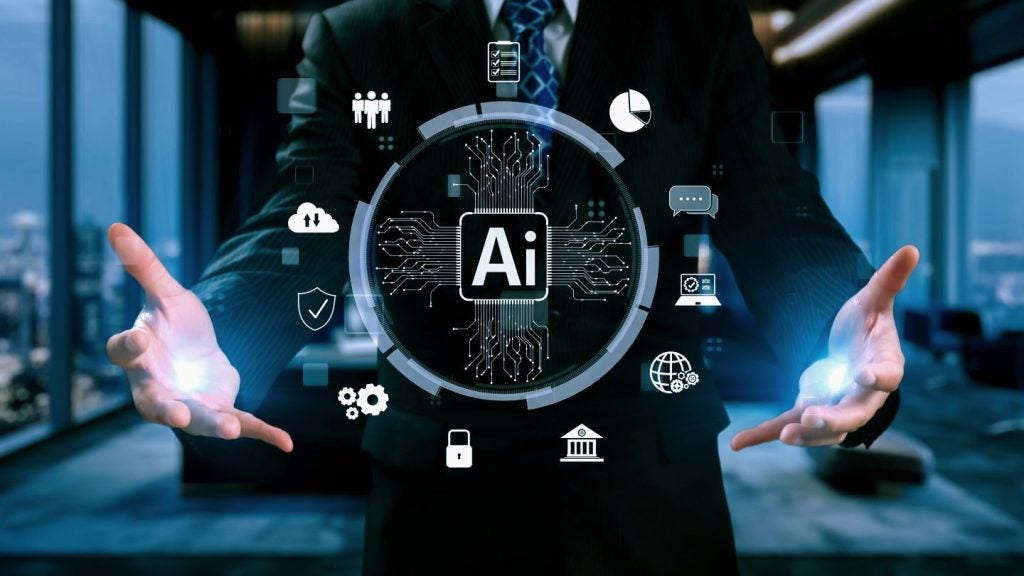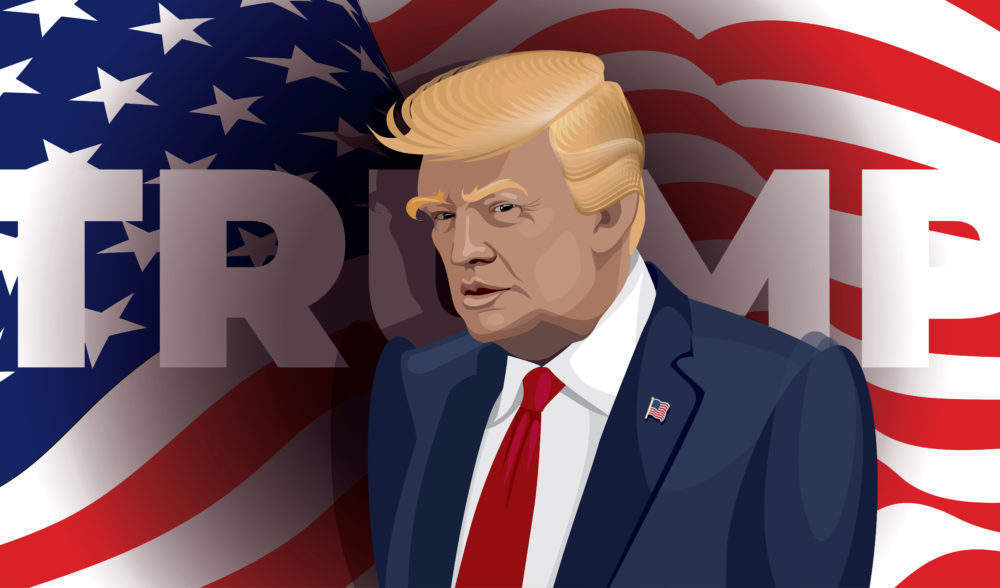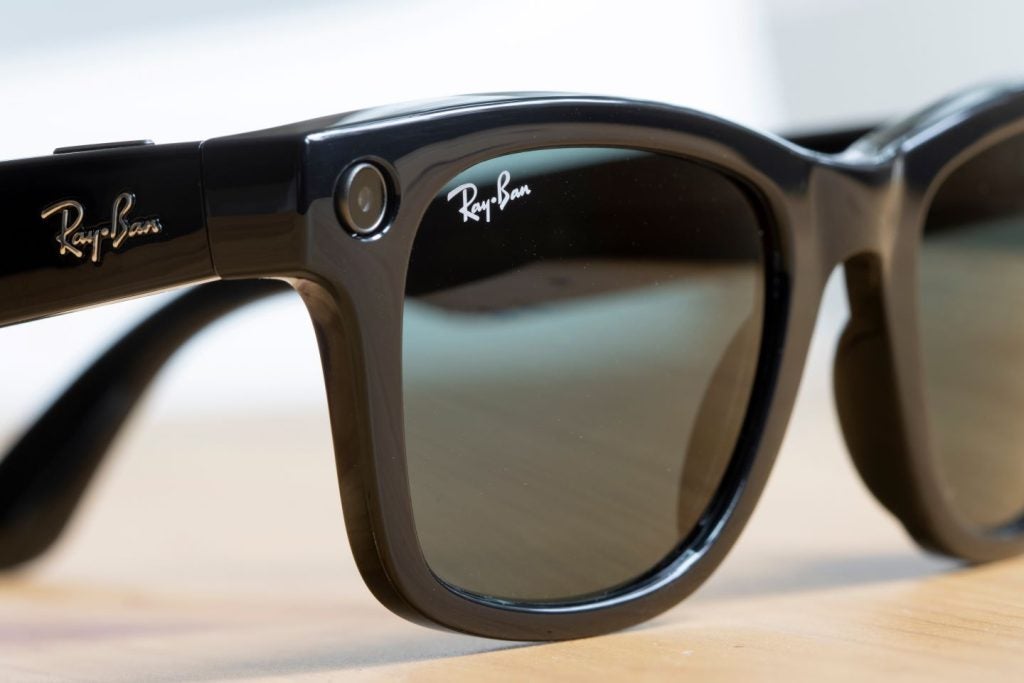The future of the consumer electronics industry will be shaped by a range of disruptive themes, with wearable tech being one of the themes that will have a significant impact on consumer electronics companies. A detailed analysis of the theme, insights into the leading companies, and their thematic and valuation scorecards are included in GlobalData’s thematic research report,Wearable Tech – Thematic Research. Buy the report here.
The wearable tech theme incorporates more than just wrist-worn devices. Smart earwear, or hearables, has become a more prominent category with the emergence of devices that incorporate voice-activated virtual assistants such as Apple’s Siri and Google’s Assistant (integrated into the company’s Pixel Buds). Hearables also have the potential to match, or even exceed, the performance of smartwatches when it comes to providing health monitoring services.
The wearable tech industry is expected to record a compound annual growth rate (CAGR) of 19% during 2018-2023, according to GlobalData forecasts. That growth will be driven by sales of smartwatches, which are gaining in popularity as the range of features they offer (which now includes cellular connectivity, health monitoring, and contactless payment) increases. In contrast, the popularity of fitness trackers is waning, due to their limited capabilities when compared to smartwatches.
However, not all companies are equal when it comes to their capabilities and investments in the key themes that matter most to their industry. Understanding how companies are positioned and ranked in the most important themes can be a key leading indicator of their future earnings potential and relative competitive position.
According to GlobalData’s thematic research report, Wearable Tech, leading adopters include: Alphabet, Apple, Fitbit, Garmin, Huawei, Microsoft, Samsung and Sony.
Insights from top ranked companies
Microsoft
Having discontinued its Band wearable device range in 2016, Microsoft’s present involvement in this sector is based around smart glasses. While its competitors are focused on either VR or AR, Microsoft has combined the two to develop the MR-based HoloLens headset. This is currently positioned as an enterprise tool, rather than a consumer product. The company also holds patents for a gesture-tracking smart ring and a band that uses haptic feedback for therapeutic stimulation of limbs and joints.
Apple has established itself as a leader in the wearable tech sector, with quarterly sales of wearable devices passing $5bn in Q2 2019. Entering the market in 2015 with its first smartwatch, the company expanded into hearables with the launch of AirPods in 2016 and seems to be plotting a move into AR smart glasses following the acquisition of Akonia Holographics in 2018. Apple regularly adopts newer technologies to improve the standalone operability of its devices (for example, the addition of LTE capability to Apple Watches and the inclusion of Siri in AirPods). As well as targeting the consumer market, Apple is also expanding into potentially lucrative verticals such as healthcare. The company has partnered with the Stanford University School of Medicine to research how wearables could be used to identify heart rate irregularities.
Samsung
Samsung’s wearable portfolio includes smartwatches, fitness trackers, and VR headsets. Although its initial wearable devices were developed in association with other firms (e.g. it worked with Oculus on Gear VR), the company has gradually taken control of subsequent developments. It has replaced Android Wear OS with its own Linux-based Tizen OS and developed Exynos SoC microprocessors for its smartwatches. Samsung has also expanded into the hearables segment with the Gear IconX earbuds and is making strides in the smart clothing market.
To further understand the key themes and technologies disrupting the technology industry, access GlobalData’s latest thematic research report on Wearable Tech.
Data Insights
From

The gold standard of business intelligence.
Blending expert knowledge with cutting-edge technology, GlobalData’s unrivalled proprietary data will enable you to decode what’s happening in your market. You can make better informed decisions and gain a future-proof advantage over your competitors.









